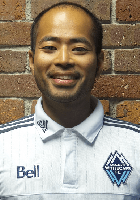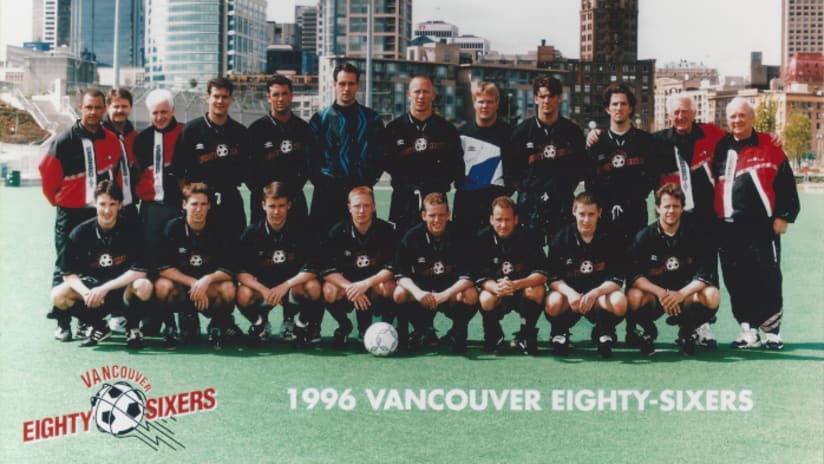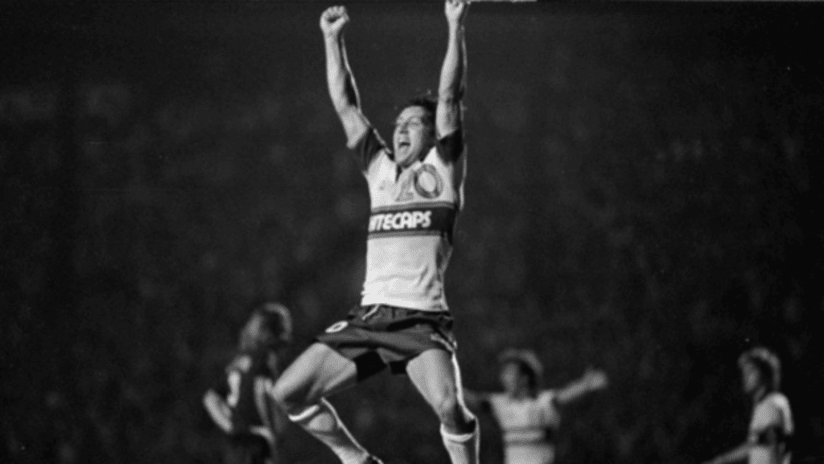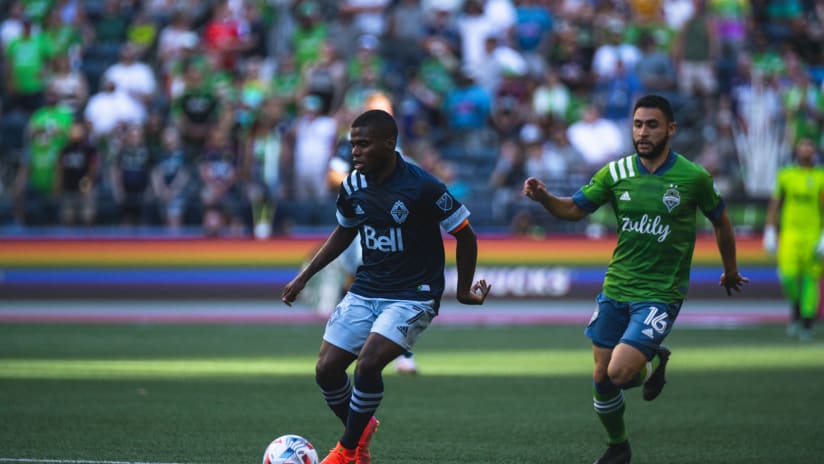It's two days before a cup final, it's understandable that it's hard to get some sleep.
The team is quartered together in Medellín to keep them from unnecessary distraction.
A couple of players and coaches are still going over the game plan against a pesky opponent, one who had defied odds to reach that stage, the biggest match in their club history.
It was already late when the messages started trickling in.
"They should've already landed."
"Nobody's heard from them."
"They cannot find the plane."
By the end of the evening, Cristian Dájome and his Atlético Nacional teammates, each distraught and in disbelief, were sent home to be with their loved ones. There was no cup to be played for, no match to be played. Nacional's Twitter account made it official for the team, confirming their worst fears.
At 9:59 p.m., LaMia Flight 2933 struck the crest of a Cerro Gordo, a mountain in Colombia's Natural Catatumbo Barí National Park. Shortly after, the aircraft carrying Chapecoense FC crashed in Antioquia, killing 71 of the 77 people onboard.
There was no longer an opponent to play against.
Tracing Dájome's story is like trekking the treacherous peaks and valleys of the Andes.
Born in the capital city of Bogotá, Dájome's early life was complex - an otherwise harmless word except when describing one's childhood.
He would often be his mother's sidekick on the streets of Fontibón, in the shadow of the Bogotá airport that the deafening noise of low-flying jets would provide the soundtrack to their days.
They would push a cart, hawking chontaduros, or peach palms, which they would serve con leche o sin leche. Any child would be thrilled to eat up anything left over, but that would also mean they did not make good business that day.
Dájome was one of three boys, all of them restless and rebellious. Cristian was the least problematic, or so he claims.
Yet he would still defy his mother, who raised them by herself, and would rarely come home in time.
"My mom got tired of me not listening to her and sent me to live with my dad in Cali," says Dájome.
A change of scenery, a three-hour plane ride from home, was not going to be the solution to a teenager acting out. Soon, his dad sent him packing again, this time to a therapeutic boarding school.
Dájome would last there for just six months when he decided to pick up the phone.
"No, dad did not put me in a regular school out here. He sent me to a boarding school with drug addicts," Dájome told his mom. "I need you to come and get me out of here."
Boot camp may have actually worked.
Six years after returning to Bogotá, Dájome was making his professional debut at age 19.
After making a name for himself on the football pitch as a schoolboy, he was now suiting up for his hometown club Bogotá FC.
He would play over two seasons in Categoría Primera B, before moving up to the top tier for good with Cúcuta Deportivo in 2015, then Deportes Tolima in the following year.
In June 2016, Dájome would sign with one of Colombia's richest and most successful clubs, racking up trophies with Atlético Nacional.
After winning the Copa Libertadores and the Copa Colombia, Nacional had one last cup to conquer to close out the year - the 2016 Copa Sudamericana.
The only one standing in between them and the cup was a Cinderella side from Brazil.
"That could've been us."
Until this day, Dájome could not properly put into words how he felt on that evening, and how he feels whenever he recalls the events surrounding the plane crash.
"Just sadness, great sadness," says Dájome. "Soccer and titles take a back seat, the most important thing you think about is the people on that plane and their families."
That plane.
"We traveled twice on that same plane. On that same plane that they traveled, with the same company, and knowing that on that same plane that you traveled, that happened," Dájome struggles to say.
The rest of his time with Nacional following the tragedy would not be easy, after initially enjoying a fast start with the club.
They captured the 2017 Recopa Sudamericana that following April against Chapecoense and their hastily formed roster, a full circle as Chapecoense earned the berth after they were named the 2016 Copa Sudamericana champions at Nacional's own request.
However, Dájome's minutes would start to dip not too long after, coinciding with the departure of the manager behind his acquisition.
"After Reinaldo Rueda left, I did not get a lot of opportunity under the new manager, and that's when I made the decision to go to a team in which I can return to the level that I was playing at." explained Dájome.
After regaining his form at Deportivo Pasto and América de Cali, Dájome would find himself with his bags and passport in hand again in 2019, arriving in Ecuador, Colombia's neighbouring country along the Pacific.
But Dájome could have descended on an entirely different planet, playing for a smaller club in Independiente del Valle.
Just two years prior, Dájome was at a club alleged to have received heavy financial investments from Pablo Escobar in the 80's. (“The introduction of drug money into soccer allowed us to bring in great foreign players," said former Nacional manager Pacho Maturana in the ESPN 30 for 30 documentary, The Two Escobars.)
Now, Dájome was reporting to a club operated by KFC's franchisee in Ecuador.
He needed a new situation but he also made a change within himself.
"I think the main part was obviously going to a smaller team in which I could get back to the level I'm used to playing at, but I think the fundamental part was my Christian faith," professes Dájome. "Becoming a Christian and changing many things in my life that were not right, that helped me to be a more professional and more mature football player."
He would instantly enter Independiente lore with his performance at the 2019 Copa Sudamericana - the same tournament that Nacional fell short of winning due to circumstance.
"It's when I understood the reason for what happened in 2016. Not the tragedy but just how everything that happened to me personally," shares Dájome.
Scoring four goals and two assists in 11 tournament matches, Dájome led Los Negriazules to the title, etching his name in the history books with an added time goal in the final against Argentine Primera División side Club Atletico Colón. It was a landmark accomplishment for both the club and for him individually, making him the first Colombian to collect the three coveted cups in CONMEBOL - Copa Libertadores, Copa Sudamericana, and Recopa Sudamericana.
"The best moment of my career because of how I lived it," says Dájome. "It was with Independiente del Valle where I got to show my talent the most, where I have excelled the most."
It has been an eventful ride for Dájome and everyday is an opportunity to put the past behind him, not to bury but as a runway that you ascend from.
Now, he sees his move to Vancouver as a chance for stability - maybe it's another successful stopover like Ecuador, perhaps it's the final destination after a turbulent journey.
"Here at the Whitecaps, I know that there is an excellent structure, an excellent team, with excellent fans," says Dájome. "The most important thing for me to continue growing. My goal is to continue making history here."





